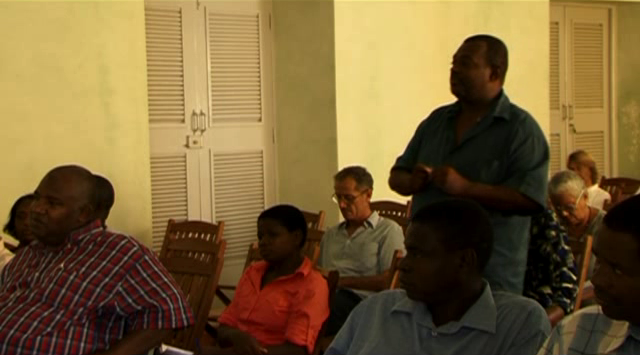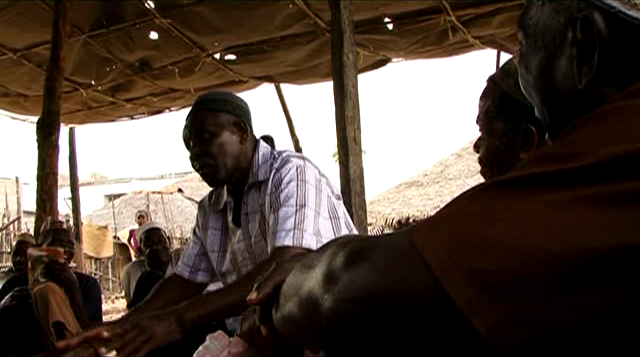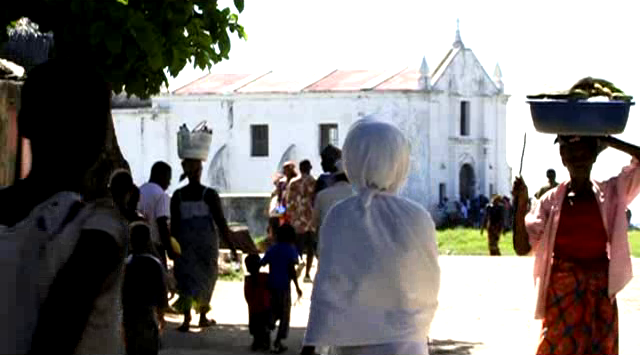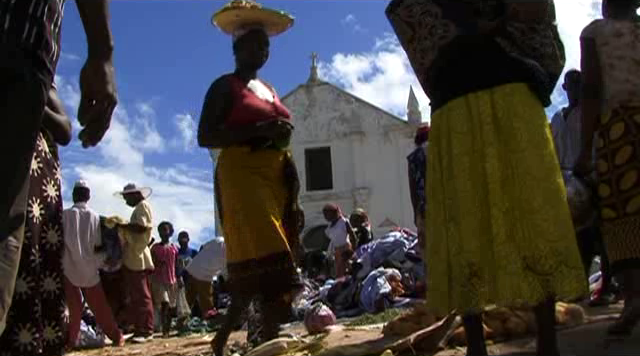







Contribute for the development of districts and municipalities in Mozambique, is the purpose of the Strategic Analysis to Support the Formulation of a Local Development Program that CESO is implementing in the country.
The Project aims to provide for the Mozambican Government and its Partners an in-depth and critical analysis of the processes related to decentralization, deconcentration and local development, emphasizing, in particular, those associated with governance, finance, community participation, local economic development and inter-institutional coordination.
To foster participatory governance, a set of strategic recommendations will contribute to help for the design and elaboration of a National Program to Support Local Development.
In order to carry out the current characterization of Mozambique in terms of the different dimensions associated with Decentralization and Local Development, a broad set of consultation and discussion processes will be carried out involving various interlocutors, namely Government, Administration, civil society and development partners.
In this context and considering the various dimensions of analysis mentioned above that are directly related to the issues associated with decentralization, deconcentration and local development, we highlight the following key aspects to be taken into account in the diagnostic process:
At local governance level, the project will consider the capacity required to ensure greater efficiency and effectiveness to respond to local priorities. For this, it will analyze the existing institutional framework, management at district and municipal level in the areas of planning, budgeting and accountability to public authorities and local populations.
It is also important to clarify the responsibilities of the district and municipal government in key areas such as education, health, agriculture, natural resources, among others
The ability of local public finances to ensure sufficient investment resources, ensuring the provision of quality for public services in these sectors at local level, will also be examined in the diagnostic work.
Among the various aspects to be considered, the table of district and municipal revenues, as well as the identification and evaluation of the criteria for allocating resources to local governments, the relations within the administration and also the Planning and management of public services in priority sectors will be analyzed.
In the context of diagnosis, it will also be taken into consideration the different dimensions of community participation, the analysis of policies and the institutional framework bearing in mind the constraints and opportunities that local people have to participate actively in local governance.
It will be also at the local level that the analysis of the current planning and participatory governance framework will be done. At the same time, documentation concerning different approaches on participation and social responsibility in priority sectors will be carried out, considering, on the one hand, its articulation with the normative and institutional framework of planning and, on the other hand, with participatory district and municipal governance.
For the presentation of a Local Development Program, it is also envisaged strategic recommendations that will be drawn up in order to identify:
- The options and strategic priorities for the main constraints to local development, including challenges to boost dynamism and development for districts and municipalities;
- The options and models to guide the design of a National Program for Local Development;
- Possible terms of financial support and technical assistance / institutional capacity building in line with government priorities and support modalities for development partners.
Funded by the European Commission, the National Support Program for Local Development started last September and is scheduled to end in August 2018.
February 2017.
